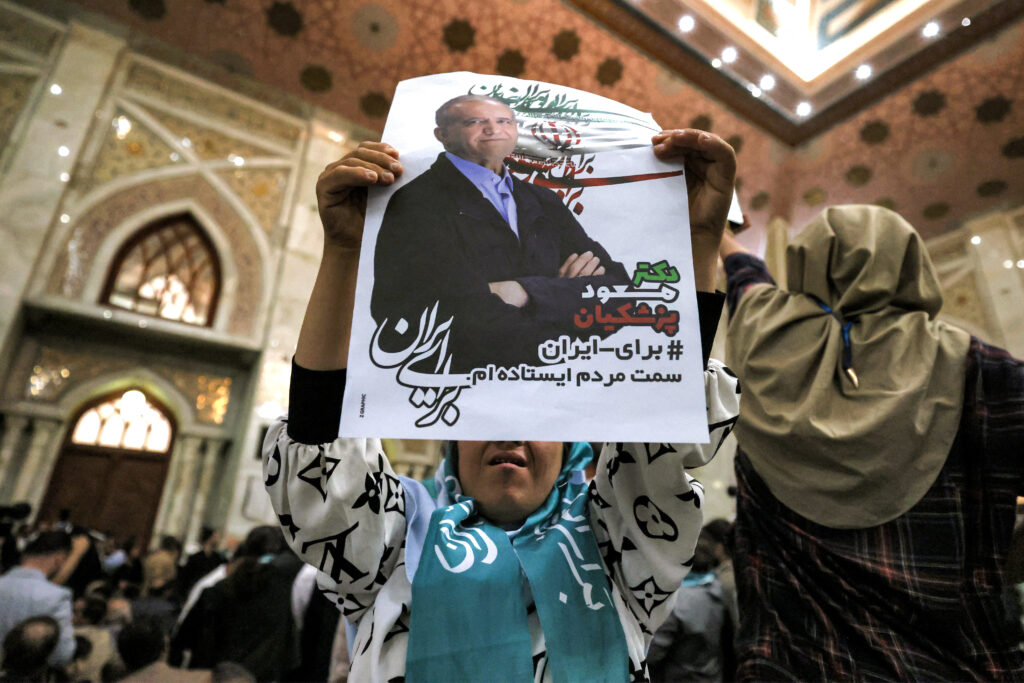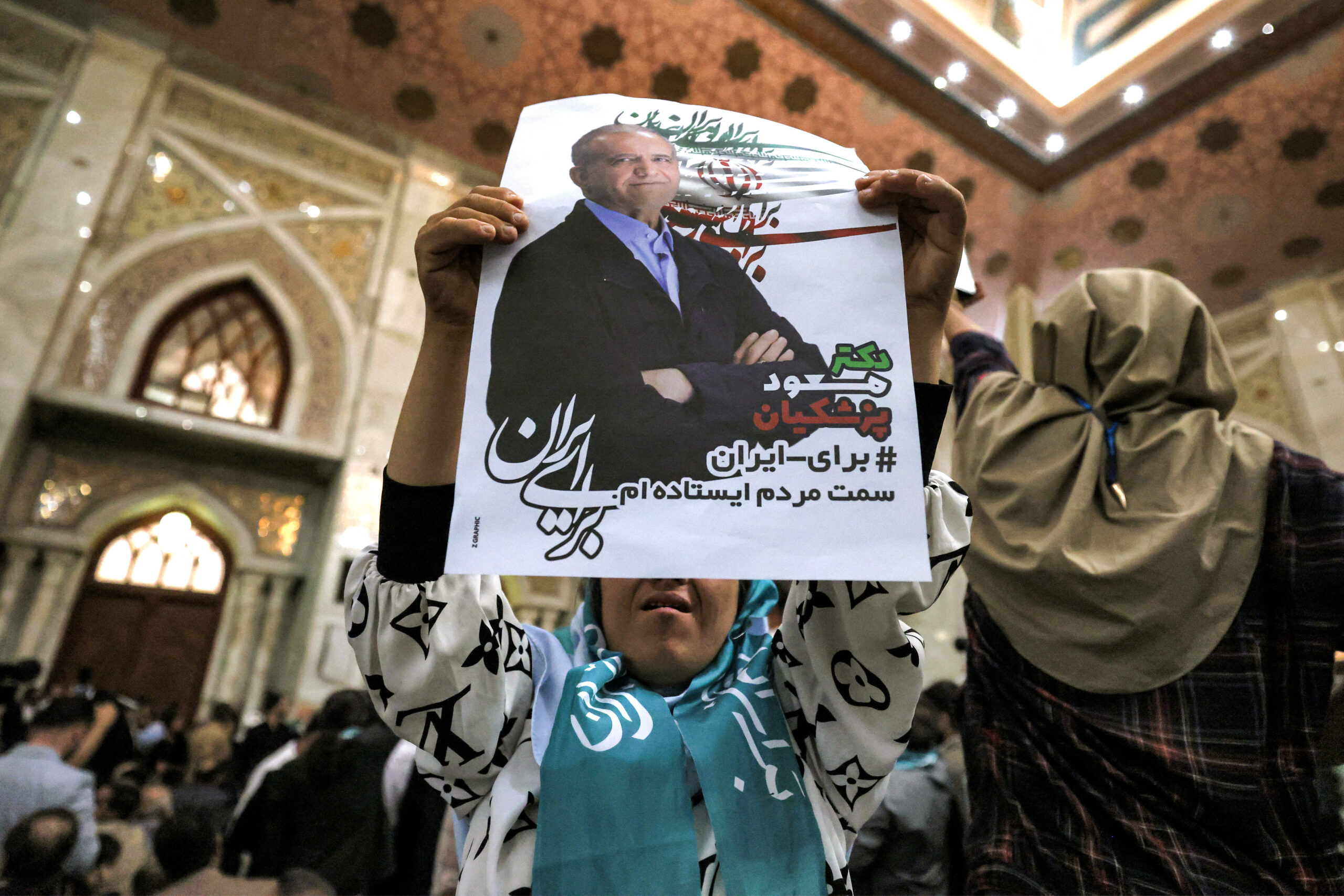
- 22 Aug 2024
Iran’s New Presidency: Shifting Tides or Status Quo?
This event is organised by MEI Political Economy Cluster.
Iran’s new president, Masoud Pezeshkian, is deemed a reformist whose “balanced” foreign policy approach may be the answer to Iran’s complex international relations, including ongoing tensions with the West, the Israel-Gaza conflict, and uranium enrichment concerns. While he has been endorsed by Ayatollah Ali Khamenei, any West-ward overture by Mr Pezeshkian will require the Supreme Leader’s assent. Tehran’s relations with Russia and China will also complicate any talk about sanctions relief, with a new US administration looming in the background.
Mr Pezeshkian’s presidency should also be measured against the backdrop of public sentiment. The backdrop of a low voter turnout, widespread discontent over Iran’s economic malaise, and recent crackdowns on dissent, pose significant domestic challenges.
What do the recent presidential elections results say about the regime’s legitimacy? What are the implications for succession planning for a new Supreme Leader? Can Mr Pezeshkian’s pragmatic approach improve Iran’s economy while navigating complex international relationships? The Middle East Institute will host a panel of experts to examine the significance of Mr Pezeshkian’s victory, and his vision for Iran’s domestic and foreign policy landscape.
This virtual event will be conducted on Thursday, 22 August 2024 from 3.00pm to 4.30pm (SGT). The event is free, and open to all. However, registration is compulsory.
Image Description: A woman holds up a poster of Iran’s newly-elected president Masoud Pezeshkian as the president visits the shrine of the Islamic Republic’s founder Ayatollah Ruhollah Khomeini in Tehran on July 6, 2024. Pezeshkian, who advocates improved ties with the West, on July 6 won a runoff presidential election against ultraconservative Saeed Jalili, the interior ministry said. (Photo by ATTA KENARE / AFP)
About the Speakers
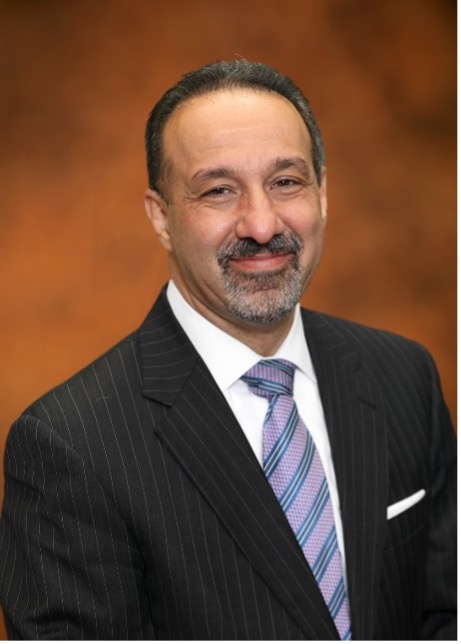
Professor of Government, Georgetown University Qatar
Director, Iranian Studies Unit, Arab Center for Research & Policy Studies
Mehran Kamrava is Professor of Government at Georgetown University Qatar. He also directs the Iranian Studies Unit at the Arab Center for Research and Policy Studies. He is a prolific author, and among his numerous journal articles and books are most recently, Righteous Politics: Power and Resilience in Iran (Cambridge University Press, 2023); A Dynastic History of Iran: From the Qajars to the Pahlavis (Cambridge University Press, 2022); Triumph and Despair: In Search of Iran’s Islamic Republic (Oxford University Press, 2022); A Concise History of Revolution (Cambridge University Press, 2020); Troubled Waters: Insecurity in the Persian Gulf (Cornell University Press, 2018); Inside the Arab State (Oxford University Press, 2018); The Impossibility of Palestine: History, Geography, and the Road Ahead (Yale University Press, 2016); and Qatar: Small State, Big Politics (Cornell University Press, 2015). Kamrava is also the Series Editor for the “Contemporary Issues in the Middle East” series of Syracuse University Press, and the “Iran from the Pahlavis to the Present” series at Hurst Publishers and Oxford University Press.
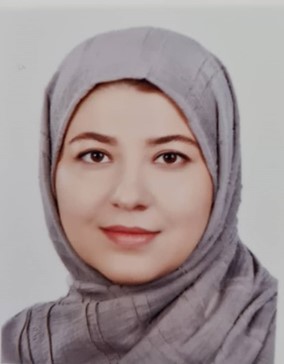
Assistant Professor in Global Studies, University of Tehran
Senior Research Fellow, Center for Middle East Strategic Studies, Iran
Zakiyeh Yazdanshenas an Assistant Professor of Global Studies at the University of Tehran. She is also a Senior Research Fellow at the Center for Middle East Strategic Studies, where she directs the China-MENA project at the center. Her last book is titled “The Pivot of US Asian Strategy and Containment of China”. Focusing on Iran’s regional policy, she has written various articles and policy pieces regarding the issue which are published by the British Journal of Middle Eastern Studies, Foreign Policy, the National Interest, Middle East Institute, and Atlantic Council.
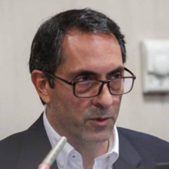
Research Associate Professor in Gulf Politics, Qatar University
Luciano Zaccara is a Research Associate Professor in Gulf Politics at the Qatar University. He is also a Visiting Assistant Professor at the Georgetown University in Qatar, and Director of the Observatory on Politics and Elections in the Arab and Muslim World in Spain.
Previously, he was a post-doctoral fellow at the Autonoma University of Barcelona and assumed visiting positions at the University of Exeter’s Institute for Arab and Islamic Studies, and at Princeton University’s Center for Iran and Persian Gulf Studies. His research interests include Iranian and Gulf politics and extend into the electoral systems of the MENA region. Zaccara has an edited volume with Palgrave Macmillan, entitled Foreign Policy of Iran under President Hassan Rouhani’s First Term (2013–2017).
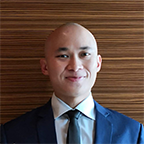
Research Fellow
Middle East Institute, NUS
Clemens Chay is a research fellow at the National University of Singapore’s Middle East Institute. His research focuses on the history and politics of the Gulf states, with a particular emphasis on Kuwait, Oman and Qatar. At MEI he spearheads a public education series entitled “Bridging the Gulf”. His recent academic publications include a chapter that examines Kuwait’s parliamentary politics in The Routledge Handbook of Persian Gulf Politics (2020), a chapter in the edited volume Informal Politics in the Middle East (Hurst, 2021), and a study appearing in the Journal of Arabian Studies, titled “The Dīwāniyya Tradition in Modern Kuwait: An Interlinked Space and Practice.” His commentaries also feature across different outlets, including ISPI, KFCRIS, and AGSIW. He is currently working on a book project related to Kuwait’s diwaniyas (affectionately known as diwawin, and more widely known as majalis outside Kuwait), the reception rooms for informal meetings that have implications for society, politics and diplomacy.
Prior to joining MEI, Dr Chay was the Al-Sabah fellow at Durham University, where he taught and completed his PhD in Middle Eastern and Islamic studies, and where he also received an MSc in defence, development and diplomacy. He is also a Sciences Po Paris alumnus, having read his BA at the Menton campus.

